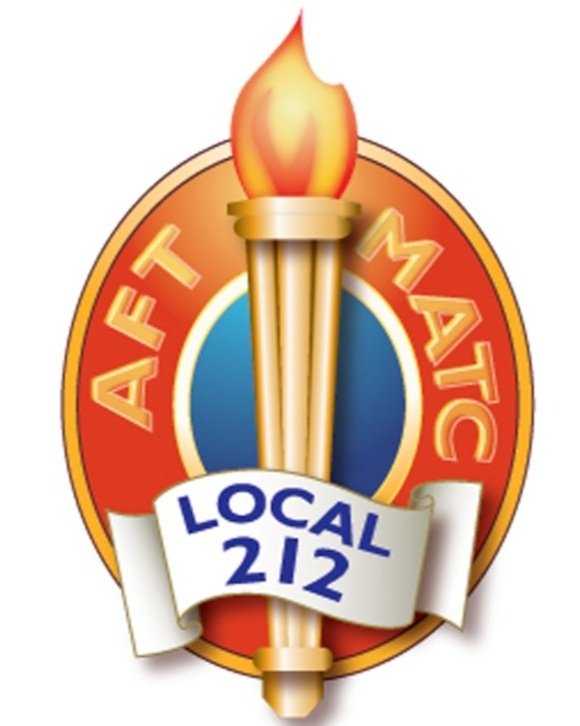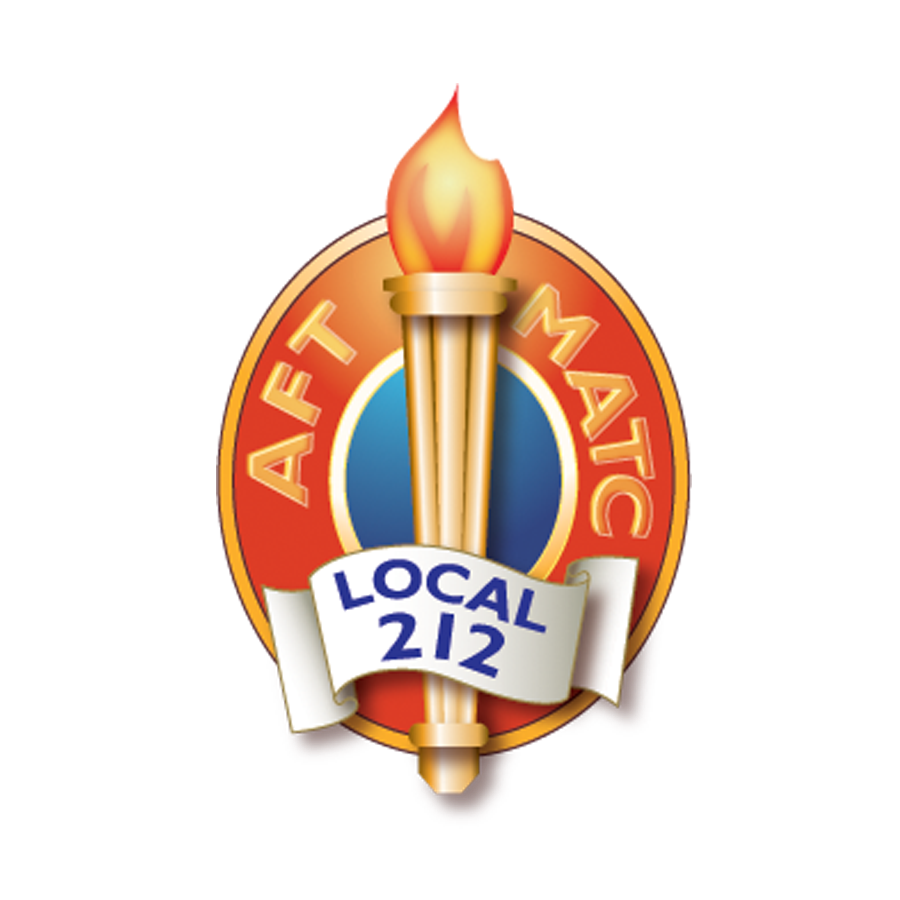Remembering Dr. Martin Luther King Jr.
Fifty years ago, in an April 27 speech to the United Automobile Workers in Detroit, Dr. Martin Luther King, Jr., spoke to 5,700, overwhelmingly white union members and guests about the shared mission of labor and the Civil Rights movement.
King saw UAW President Walter Reuther, as “one of his most important allies,” according to Michael K. Honey, editor of All Labor Has Dignity, a collection of King’s labor speeches. The UAW had provided critical financial support to the southern civil rights movement. In his speech, King pointed out the need for an alliance because the industrial automation and plant relocation was threatening the gains that America’s union workers had achieved.
Their shared concern for the value of human life, King believed, could create a power alliance. The “kinship” between labor and civil rights, he pointed out, could be seen in the similarities between the UAW strike of 1936 and the lunch counter sit-ins. But, for that alliance to work, union allies needed to take action. The problem that the civil rights movement was seeking to solve was not, he said, going to “work itself out.”
Fifty years later, the urgency is still there. As a nation, we are facing unprecedented attacks on our democracy. The Black Lives Matter movement, like the civil rights movement that preceded it, still needs to fight for the recognition of basic human rights for people of color, and organizations led by Reverend Dr. William J. Barber III and the Poor People’s Campaign, have taken up King’s call for economic equity. His words to Detroit’s auto workers from half a century ago are still true today:
“Social progress never rolls in on the wheels of inevitability. It comes through the tireless efforts and the persistent work of dedicated individuals. Without this hard work, time itself becomes the ally of the insurgent and primitive forces of social stagnation. So in order to realize the American dream of economic justice and of the brotherhood of man, men and women all over the nation must continue to work for it...”
As we hope and pray for peace around Wednesday's inauguration, may we realize that like Dr. Martin Luther King Jr., we can each be a light in the darkness, a star in the night, who with solidarity of resolve, strength of heart and remembering the sacrifice of those who came before us, can assist in bringing healing, hope, and love to our communities, our country and our world.

